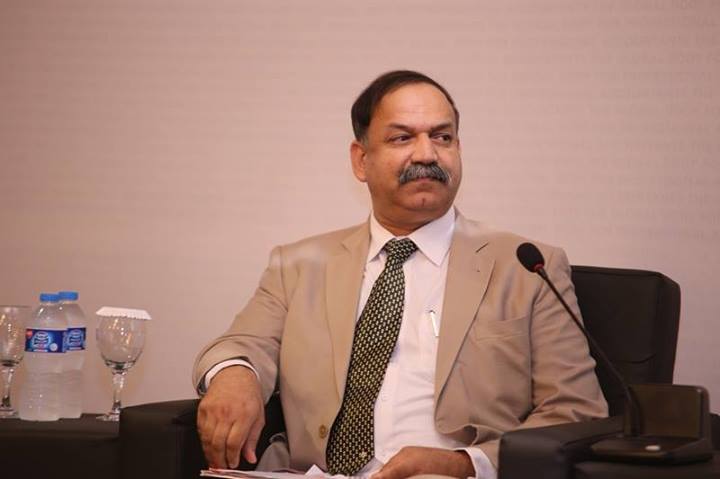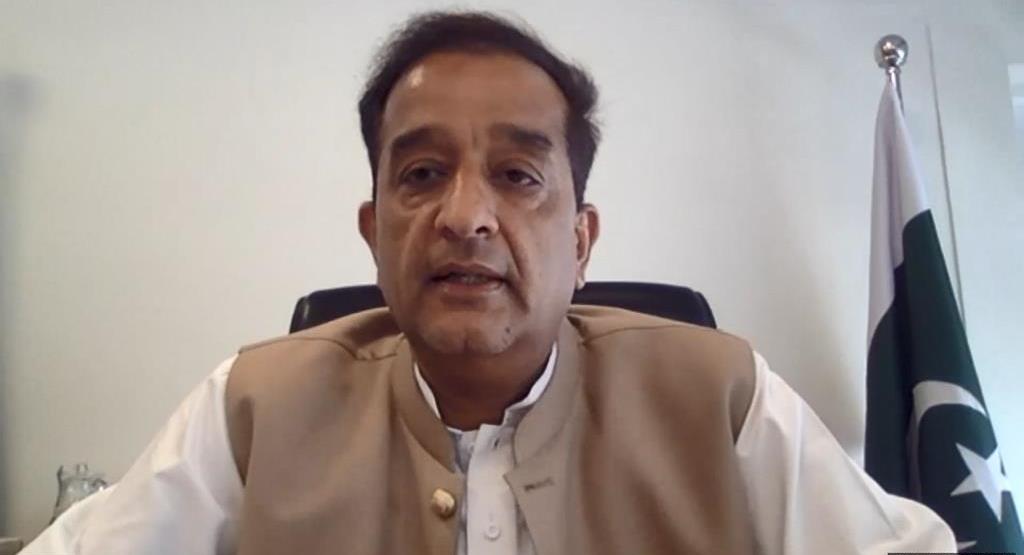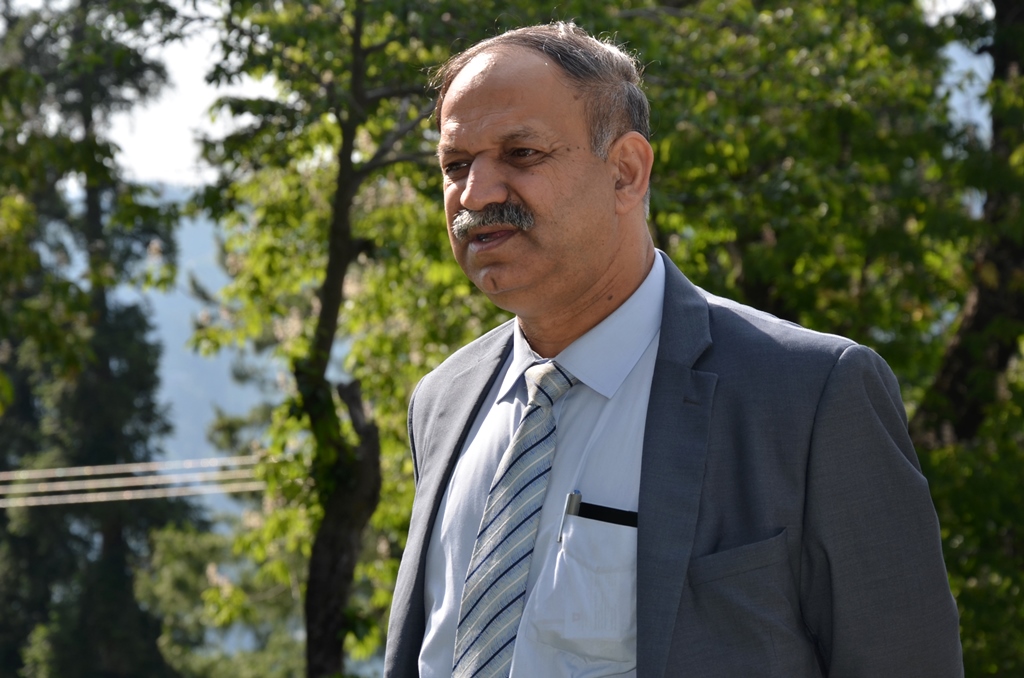NRM for Improved Livelihoods in Northern Pakistan
IUCN’s mission worldwide is to conserve the integrity and diversity of nature and ensure that natural resources use is equitable and ecologically sustainable. In Pakistan, IUCN played a key role in preparing a national conservation strategy, three provincial conservation strategies for the NWFP, Balochistan and Sindh and a strategy for sustainable development of the NAs. In the NWFP, one of the recommendations of the conservation strategy was to devolve governance, particularly of the environment, to administrative levels such as districts that were directly managing and using natural resources. Abbottabad and Chitral were chosen for this experiment and efforts were made to develop district-level conservation strategies.
At about the same time, political support for decentralization continued to grow, culminating in the approval of LGO 2001. The ordinance called for a vision for each district. As a sequel to this decision, district strategies were adapted to fulfil the requirements of a vision and IDVs for Chitral and Abbottabad were formulated. Later, an IDV for D.I. Khan was also developed. These IDVs were well received by district governments and adopted as official documents for implementation.
The work in the NWFP, including the provincial strategy and district visions, were supported from the start by the SDC that had also partially supported work in the NAs. This led to the development of PSNP, a broader IUCN programme in the north of Pakistan, covering the NWFP and the NA. PSNP built on the success of the four phases of the SPCS to respond to the changing context of decentralization and influence policies and institutions to support sustainable use of natural resources at the local level. The programme also capitalized on experiences gained in developing the NASSD.
While continuing to work with provincial and local governments, the emerging challenge was to demonstrate the contribution wellfunctioning ecosystems and natural resources could make towards poverty reduction and improving livelihoods. To this end, PSNP set out to build recognition of the ways in which people depend on goods and services provided by natural ecosystems for their day-to-day income and their long-term well-being. Likewise, the focus shifted from building institutional capacities needed for integrating environmental considerations into development planning to work at the local level, strengthening networking and relationships between local governments, communities and development organizations working in the field. PSNP’s goal also included creating fora for collective decision-making and developing processes to ensure equitable and sustainable use of natural resources.
Click here to download the document (1.1 Mb)



